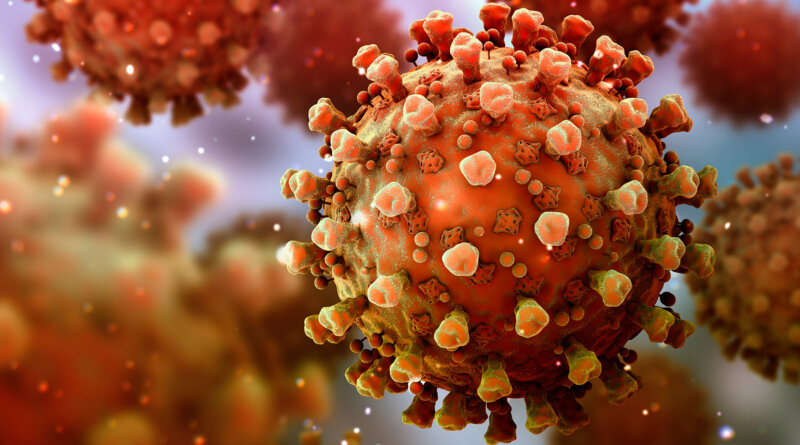‘Umbrella of Protection’ Possible By Summer
Dec. 23, 2020 — Dr. Anthony Fauci said on Tuesday that Americans will have to wait until summer before they can return to some normal activities and attend events again.
It depends on a smooth rollout of the COVID-19 vaccine, Fauci said during an interview on “Coronavirus in Context,” a video series hosted by John Whyte, MD, chief medical officer for WebMD.
Priority groups should receive a vaccine between now and March, and April will be “open season” where anybody who wants to receive a vaccine can get one, he said.
“If we do it correctly, we could have 70%-85% of the population vaccinated. When that occurs, there will be an umbrella of protection over the entire country that the level of virus will be so low that you will essentially have been able to establish herd immunity,” said Fauci, director of the National Institute of Allergy and Infectious Diseases.
That level of immunity will likely occur at the end of June or in early July, he added, even if variants of the coronavirus emerge. Viruses mutate often, and infectious disease specialists are studying the current strain in the U.K. that appears to transmit more easily from person to person. But there’s no evidence so far that the variant leads to more severe COVID-19 or that the vaccine won’t work against it, Fauci said. For now, scientists should watch it carefully.
“The European Union is banning travel from the U.K. I think that may be an overreaction now,” he said. “I would not be against at least seriously considering making sure that people who fly here or come here from the U.K. … be tested before they get on the plane so that you know they’re negative when they get here.”
Fauci also said that children should be kept in school or return to school in 2021. If school systems have good protocols in place to isolate infected students and conduct contact tracing, they can limit the spread of the coronavirus and still maintain a relatively normal schedule. Kids don’t need to be vaccinated before schools reopen, he said.
Traditionally, vaccines aren’t tested in children until the late-stage clinical trials in adults are completed and the safety and efficacy data are confirmed. By mid- to late January, Fauci estimated, COVID-19 vaccine clinical trials will start in children. In the meantime, he said, educators and staff should be vaccinated, both to protect themselves and prevent infections in children.
While poll numbers show more acceptance of the vaccine, some groups are still hesitant to get it. Fauci said the key is reaching out to communities and asking people why they may have skepticism. For instance, he’s helped people to understand the vaccine development process and timeline — and that this year’s quick progress doesn’t compromise vaccine safety or scientific integrity.
“What it is a reflection of is the extraordinary scientific advances that have been made in vaccine platform technology, which allowed us to do things in months that normally would have taken years,” he said.
For people who are concerned that political pressure or pharmaceutical companies have influenced the process or data, Fauci said that independent data and safety monitoring boards analyze the clinical trial results and draw conclusions about vaccine safety and how well it works. After that, they provide the analysis to the vaccine companies and scientists at the FDA, which has its own independent advisory committee that studies the data.
“In reality, the entire process is independent and transparent,” Fauci said. “That’s what people need to know. When they do, I believe they will be much, much more amenable to getting vaccinated.”
Fauci received a COVID-19 vaccine on Tuesday. He didn’t have any side effects and didn’t feel pain in his arm where he received the injection a few hours before.
“You don’t feel it all, really,” he said. “It was even less of a feeling than the flu shot.”
Asked about the “Fauci effect,” or a trend in young students deciding to pursue medicine or science as a career, Fauci sees it as a greater appreciation for health care workers and ICU doctors and nurses who have cared for patients on the front lines of the pandemic.
“I think people are seeing a face of medicine that they may not have seen before, of people who are really stepping up to the plate and doing their job,” he said. “I’m doing it by trying to speak truth to the country … and health care providers are risking themselves — their health and their lives — every day to take care of people.”




